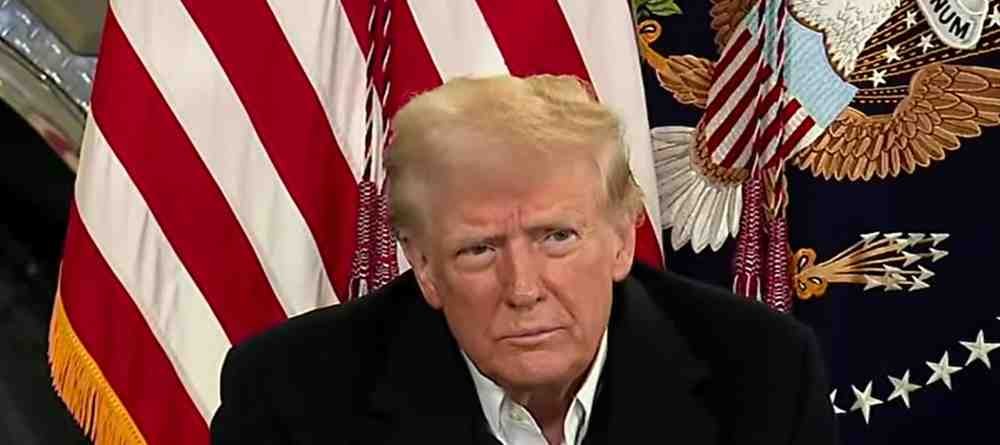In a recent statement, U.S. President Donald Trump expressed his desire to engage in negotiations with Iran regarding its nuclear program, while firmly denying any plans for military action against the country. On social media, Trump emphasized his vision for a prosperous Iran that does not possess nuclear weapons, countering reports suggesting imminent military strikes by the U.S. and Israel.
“I want Iran to be a great and successful country, but one that cannot have a nuclear weapon,” Trump stated. He dismissed claims that the U.S. and Israel were planning to launch a military offensive against Iran, calling such reports “greatly exaggerated.” The specific sources of these reports were not identified in his remarks.
Trump’s comments come in the context of ongoing tensions between the U.S. and Iran, particularly surrounding Tehran’s nuclear ambitions. The President expressed a preference for a “Verified Nuclear Peace Agreement” that would allow Iran to develop peacefully while ensuring it does not pursue nuclear weapons. He called for immediate efforts to initiate these talks, envisioning a significant celebration in the Middle East upon the agreement’s completion.
In conjunction with his diplomatic overtures, Trump has reinstated a “maximum pressure” policy aimed at curtailing Iran’s oil exports to zero, a strategy designed to hinder Tehran’s ability to develop nuclear capabilities. This approach has been a cornerstone of his administration’s foreign policy towards Iran, which has faced increasing isolation due to sanctions.
Iran’s Foreign Minister, Abbas Araqchi, responded to Trump’s statements by reiterating Iran’s commitment to the Non-Proliferation Treaty (NPT) and emphasizing that the issue of nuclear weapons is not as complex as it may seem. “If the main concern is that Iran should not pursue nuclear weapons, this is achievable and not a complicated issue,” Araqchi stated. He highlighted that Iran’s position is clear, noting that the country is a signatory to the NPT and that a fatwa issued by the Supreme Leader explicitly prohibits the development of nuclear weapons.
The exchange between Trump and Iranian officials underscores the delicate balance of diplomacy and military posturing in the region. While Trump seeks to open a dialogue, the backdrop of sanctions and military threats continues to shape the narrative surrounding U.S.-Iran relations.
As the situation evolves, the international community watches closely, hoping for a resolution that could stabilize the region and prevent further escalation. The prospect of a nuclear agreement remains uncertain, but both sides appear to recognize the importance of dialogue in addressing mutual concerns.








